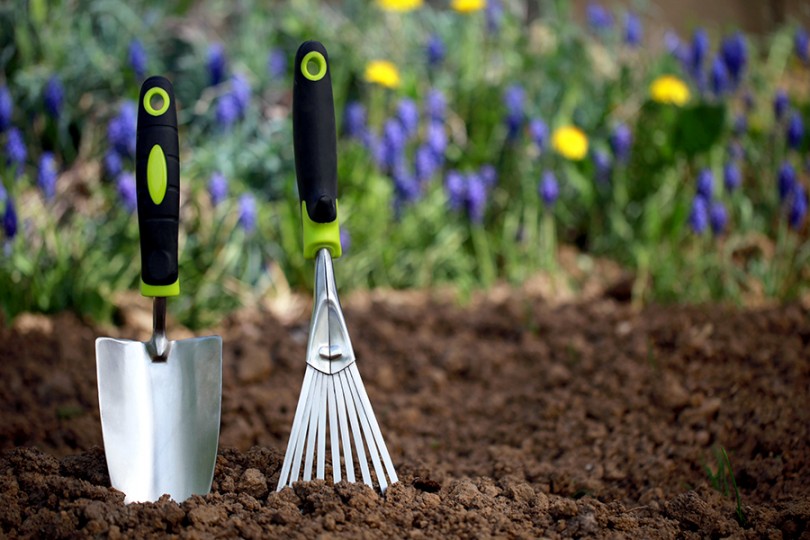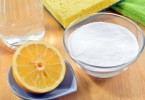Unseasonably warm spring weather has gardeners across the country concerned and speculating about future problems this growing season. Fear of late frosts, spring snow showers, summer heat and drought and the impact all of this could have on plants is on their mind. We can’t change the weather, but we can keep our plants healthy and better able to deal with environmental stresses such as cold, heat, and drought as well as insect and disease problems.
- Start by selecting plants suited to the growing conditions.
Look for the most resistant varieties on the market. Avoiding problems is the best way to save time, money and frustration. - Immunize plants against environmental stress and pest problems with a plant strengthener such as JAZ spray.
This new group of products strengthens plants’ own stress tolerance mechanism so they are better able to deal with adverse conditions. Scientists found when plants were stressed or attacked by insects and disease, they produced certain natural molecules. They isolated these and applied them to other plants and found the treated plants were better able to tolerate environmental stress as well as insect and disease attacks. By using a plant strengthener, gardeners are proactively boosting a plant’s immune system before environmental stresses hit and ultimately helping it to thrive as it faces serious challenges throughout the season. - Rotate plantings whenever possible.
Varying annual flower and vegetable planting designs from year to year helps reduce the buildup of pests. And be sure to start with fresh soil and clean containers each season to avoid problems.This is especially important if problems occurred last season. - Mulch the soil with shredded leaves, evergreen needles or other organic matter to reduce disease problems and environmental stresses on plants.
Mulching reduces the spread of soil borne diseases, conserves moisture and moderates soil temperatures. - Monitor plants for insect and disease problems throughout the season.
It’s easier to control a small population of insects or pluck a few diseased leaves than trying to kill thousands of aphids. - Use barriers of floating row covers like ReeMay or Harvest Guard to protect plants from insects like cabbage worms, root maggots and bean beetles.
Loosely cover the plants with these fabrics and securely anchor the edges to the ground. The fabrics let air, light and water through, but prevent the insects from reaching the plants. These fabrics must be removed when plants requiring pollination begin to bloom. - Use eco-friendly products like insecticidal soap, lightweight horticulture oils and Neem when problems arise.
Be sure to read and follow label directions carefully. - And always clean up the garden at the end of the season.
Remove disease and insect-infested plants to reduce the risk of problems the following season. A bit of prevention goes a long way in creating a beautiful garden that can be enjoyed all season long.
Taking these simple steps will help build healthy plants with stronger immune systems and a natural tolerance to the environmental stresses they will face throughout the season.







